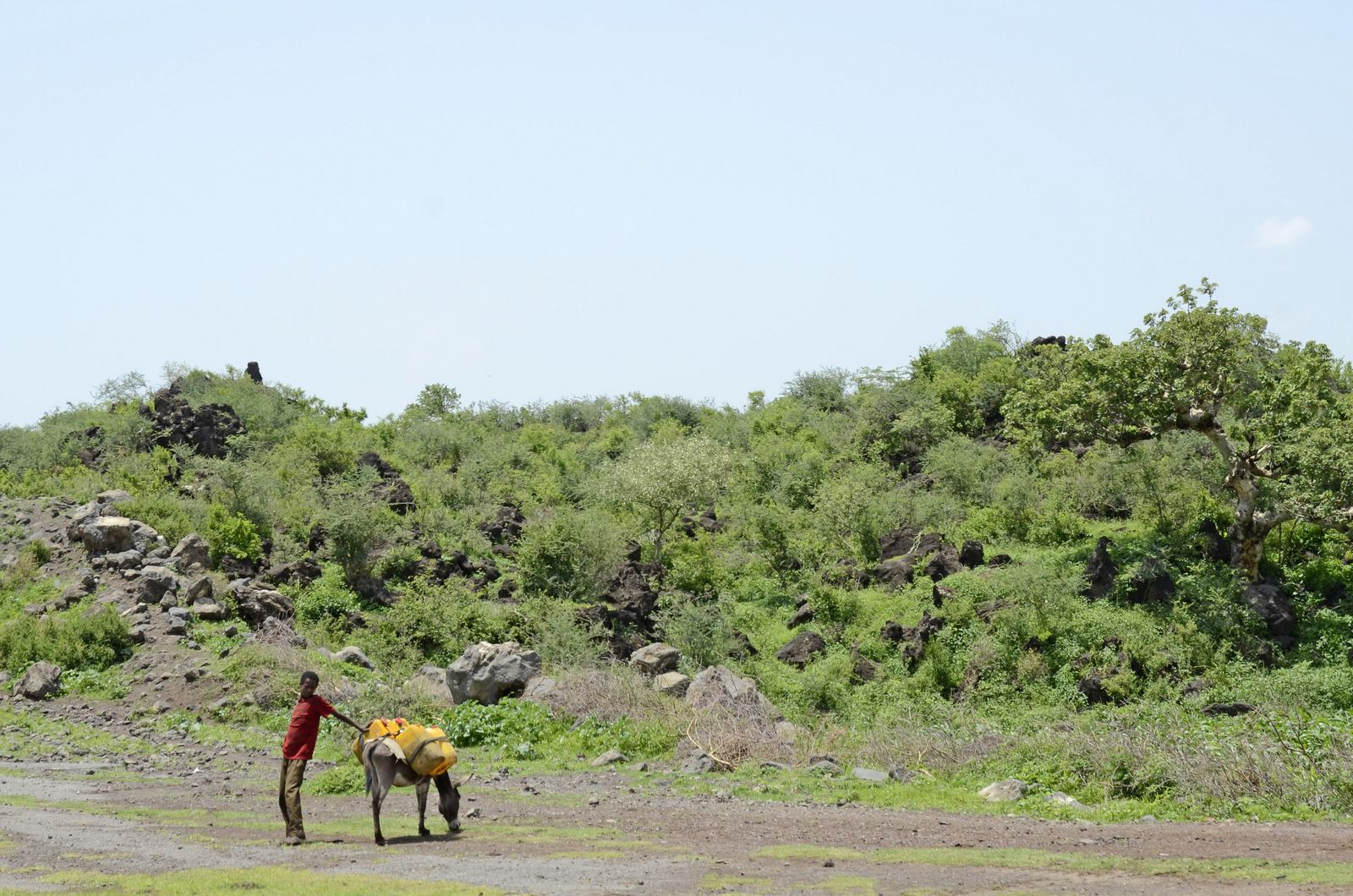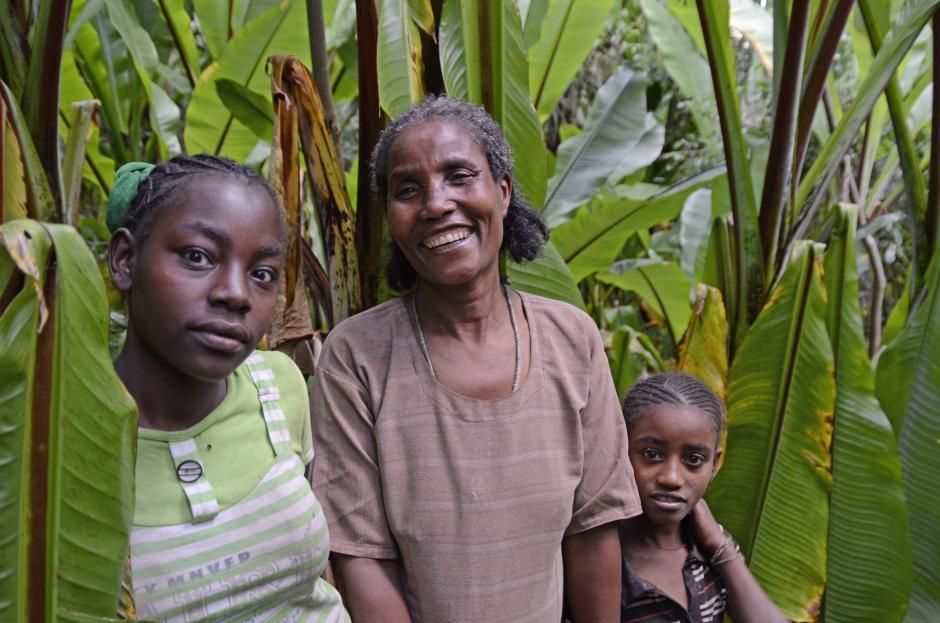Amy Maxmen's Nautilus article, "Turning Back the Clock on Human Evolution," has been selected for the 2015 edition of "The Best American Science and Nature Writing."
Maxmen's article, which takes readers on a dig through the world’s oldest graveyard with African paleontologists, is part of a Pulitzer Center-support project, Ethiopia: Humankind's Origin and Survival.
Her reports from Ethiopia investigate the roles of paleontologists who push the dates of our origins back in time and agricultural scientists who are trying to ensure that humans last long into the future.
"The Best American Science and Nature Writing" is an anthology that has been issued each year since 2000 as part of "The Best American Series" published by Houghton Mifflin Harcourt. This year it will be published in October.
The first title of the series, "The Best American Short Stories," has been in publication since 1915. Starting in 1986 additional titles were added covering the best in essays, sports writing, nature writing and more. Each year, works published in North America during the previous year are selected by a guest editor who is an established writer within the given field. Articles for "The Best Science and Nature Writing" are chosen for how the writers balance research with humanity, while uncovering riveting stories of discovery across the disciplines of science and nature.



